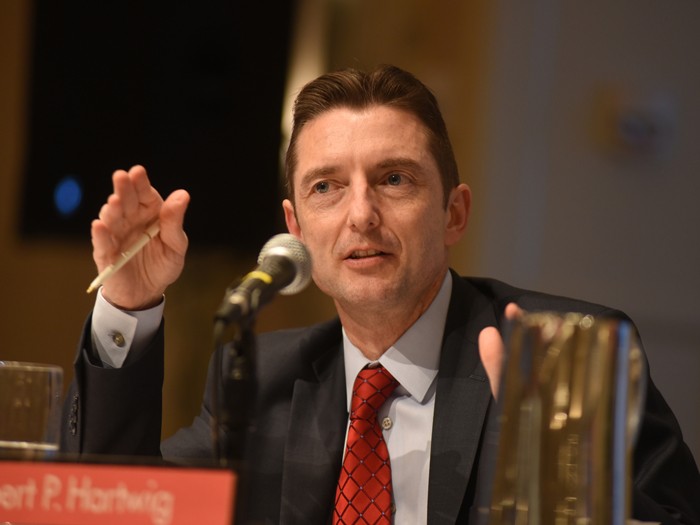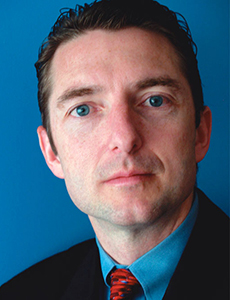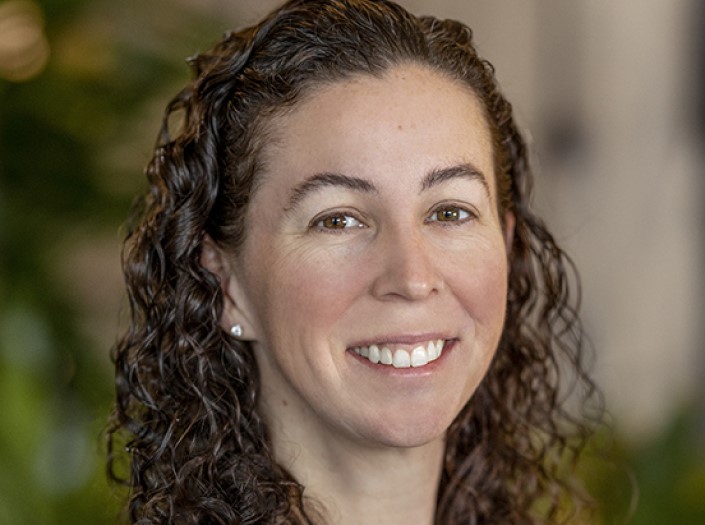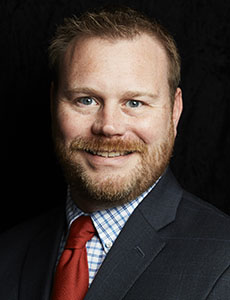Industry Perspective
Reflections on the Insurance Industry

The next president of the Insurance Information Institute will be someone who can interact with executives at the highest levels, and those with operational responsibility in areas such as government affairs and communications.
The person must understand the importance of technology and how it impacts the insurance industry, including “how we underwrite risk, how we price risk, and how we communicate about the industry and how it performs,” said Robert Hartwig.
Hartwig’s comments came as a search committee was being established to find his replacement.
The I.I.I. recently announced that Hartwig would join the faculty of the University of South Carolina’s Darla Moore School of Business in Columbia, S.C., in August.
He will be teaching risk management and insurance, as well as courses in finance.
As the former director of economic research and senior economist with the National Council on Compensation Insurance, Hartwig has been considered one of the industry’s foremost thought leaders for more than two decades.
He recently spoke about his tenure at the I.I.I., the changes he’s seen, and his thoughts on workers’ comp in particular.
Workers’ Comp Influences
For all the changes that have impacted the workers’ comp system of late, it remains its “old cyclical self,” Hartwig said. “The combined ratio a decade ago was reasonable; then it was rising to 115 in 2011 and is coming back down again. Pricing has been highly volatile, so in that sense nothing has changed.
“But, still the workplace continues to get safer, frequency continues to drop — so that’s good news. There has been some restraint of medical severity over the years; that’s good news as well.”
A plethora of disruptive forces are starting to impact workers’ comp and the insurance industry in general, including driverless vehicles, artificial intelligence, and advanced robotics.
“There’s never any shortage of challenges in this industry.” — Robert Hartwig, departing president, Insurance Information Institute
The on-demand, or sharing economy, is also exploding and has “huge implications for the U.S. economy, workers and insurers,” Hartwig has said. He predicts long legislative and court battles ahead.
The high prices of pharmaceuticals and issues surrounding opioids are additional challenges to the industry, along with the recent focus on medical marijuana. Hartwig believes the workers’ comp system is well-situated to handle the existing and future challenges.
“It has held largely true to its initial reason for being and continues to benefit millions of workers across the country year after year,” he said, “And despite the fact that there are challenges in the line from time to time, it still functions relatively well.”
Hartwig strongly defended the workers’ comp system after last year’s media reports that sharply criticized the industry as being inadequate to provide appropriate support for injured workers.
“The reality is they expended a great deal of effort and attacked the system that by and large works well for the millions of workers injured every year,” he said. “They certainly did not wind up demonstrating there is some sort of systemic or consistent problem with the way workers are treated in the system.”
I.I.I. Accomplishments
Hartwig credits his team at the I.I.I. with helping to “greatly” expand the membership and financial resources of the organization during his tenure. He also points to the III’s membership with allowing for growth during what he calls an “extraordinary” period for the insurance industry.
“I took over in the immediate post [Hurricane] Katrina period, and there was a lot of animosity toward the industry,” he said. “We worked our way through that, then wound up in the global financial crisis which impacted the industry in a significant way.”
Hartwig testified many times before congressional committees during the Great Recession, telling lawmakers the insurance industry was financially strong and differentiating it from banks.
He says it was something of a challenge because there were “angry legislators looking at the industry. Many people were upset about financial institutions in general.”
Following that was a period of the industry’s “poor underperformance, and low interest rates,” he said.
“There’s never any shortage of challenges in this industry. For me, the challenge has been to maintain a cohesive membership, again, during a time when there were a lot of issues that potentially divided the industry, and I’ve been proud we’ve been able to do that.”
Hartwig also cited III’s focus on technology during his tenure as another major accomplishment. He points to a suite of apps developed for home and business owners to help them assess readiness and vulnerability to major disasters.
“We have a very sophisticated and integrated marketing program for III materials that has month after month increased the number of people who visit our website, download materials, or view our videos,” he said.
“We have a have a degree of engagement with the public made possible through the investment in technology that is unparalleled and unrivaled not only in the insurance industry but in the trade association world.”
Leaving the I.I.I.
Hartwig’s decision to leave the Institute was difficult, but not surprising to those who know him. “It was a considered, deliberate well thought out decision. It was not even remotely an accident,” he said. “I had a long-term plan to transition into academia, and I executed that plan after evaluating a number of options. This is a very good fit.”
While working at the I.I.I., Hartwig has kept his hand in the academic world. Now he plans to do just the reverse.
“I have no intention of disappearing,” he said. “On behalf of III, I’ll be working on research reports, producing testimony, working with the media, legislators, regulators, and many others. But not on a full-time basis anymore.”











